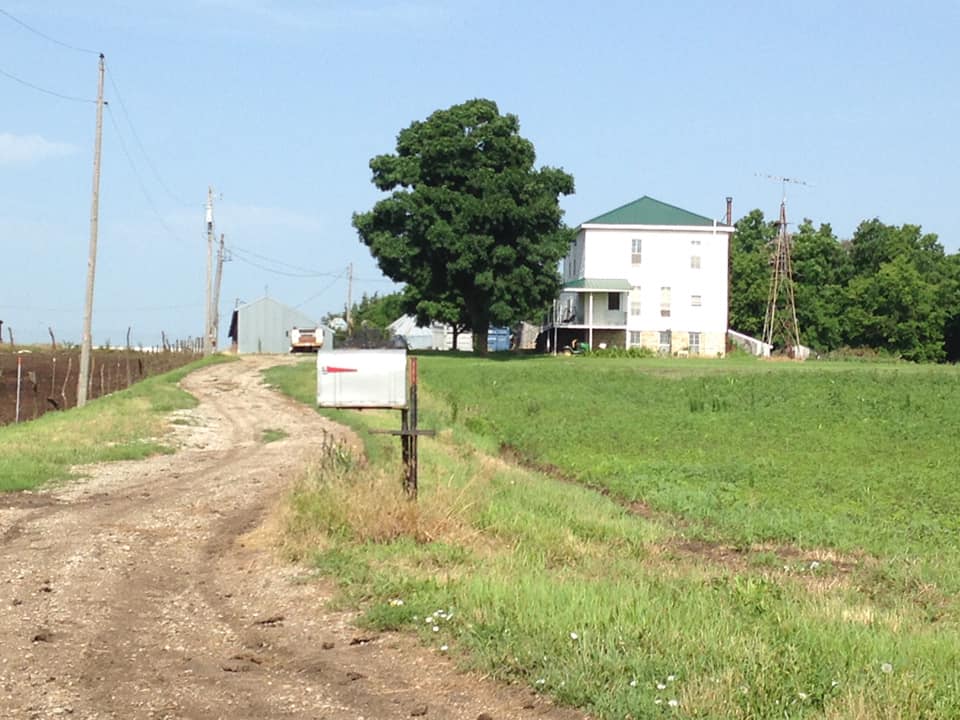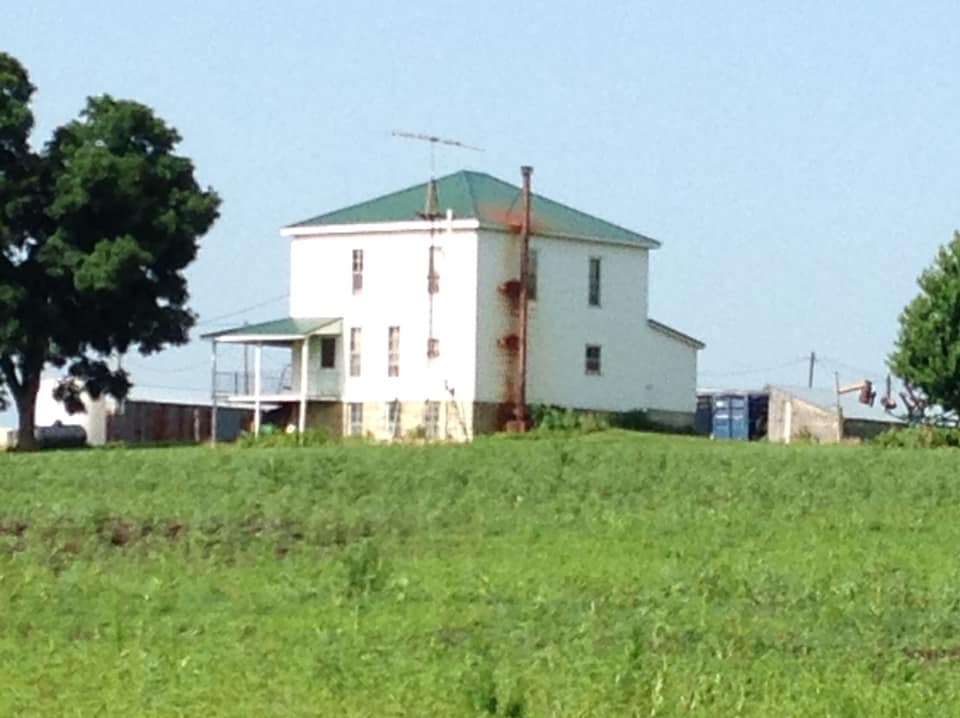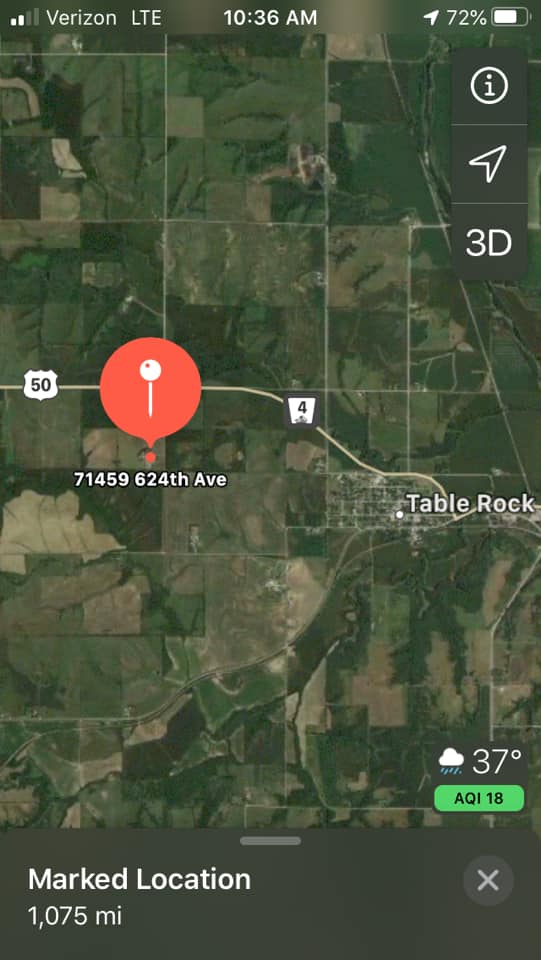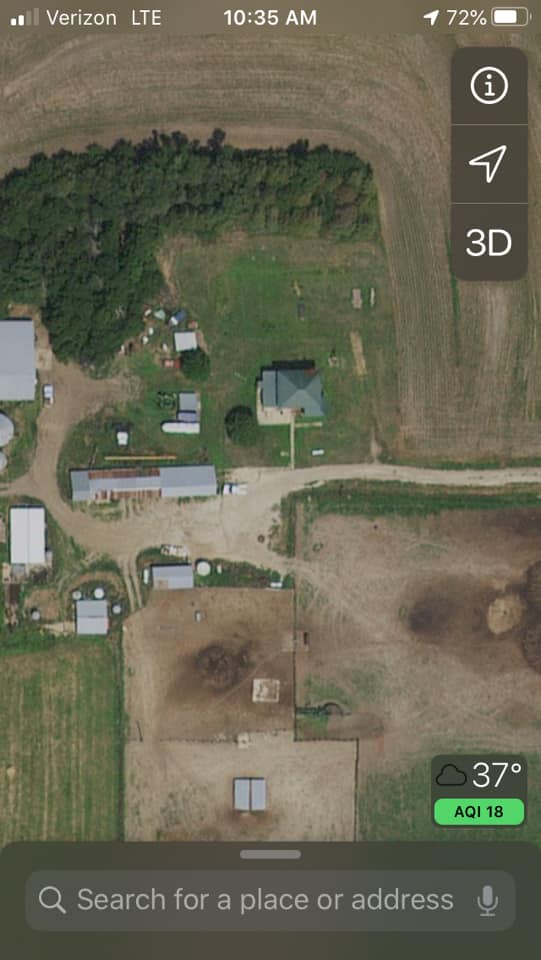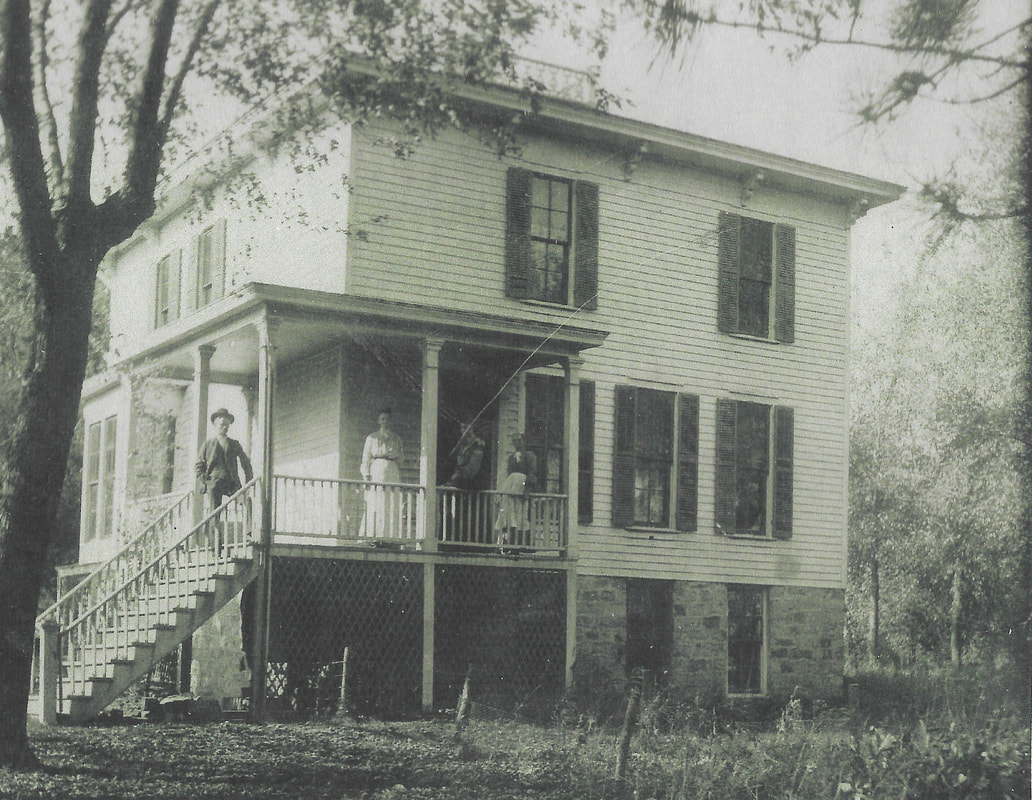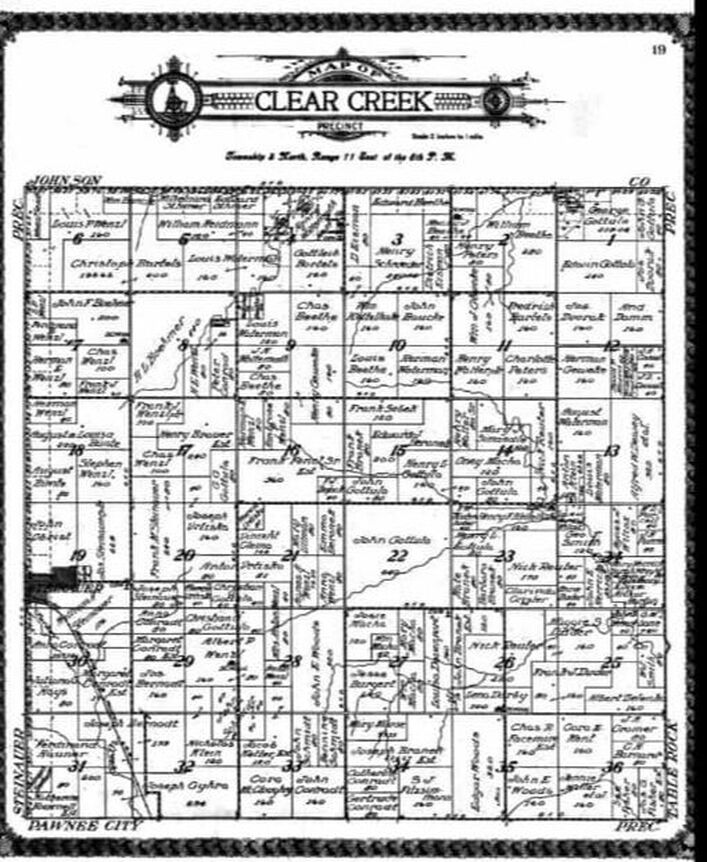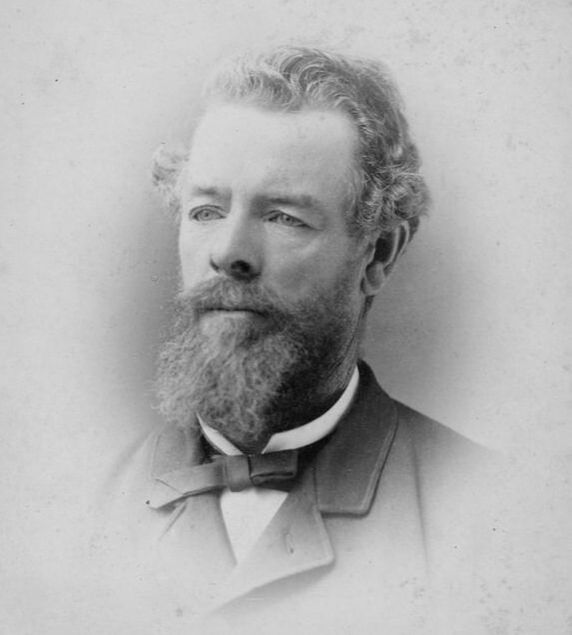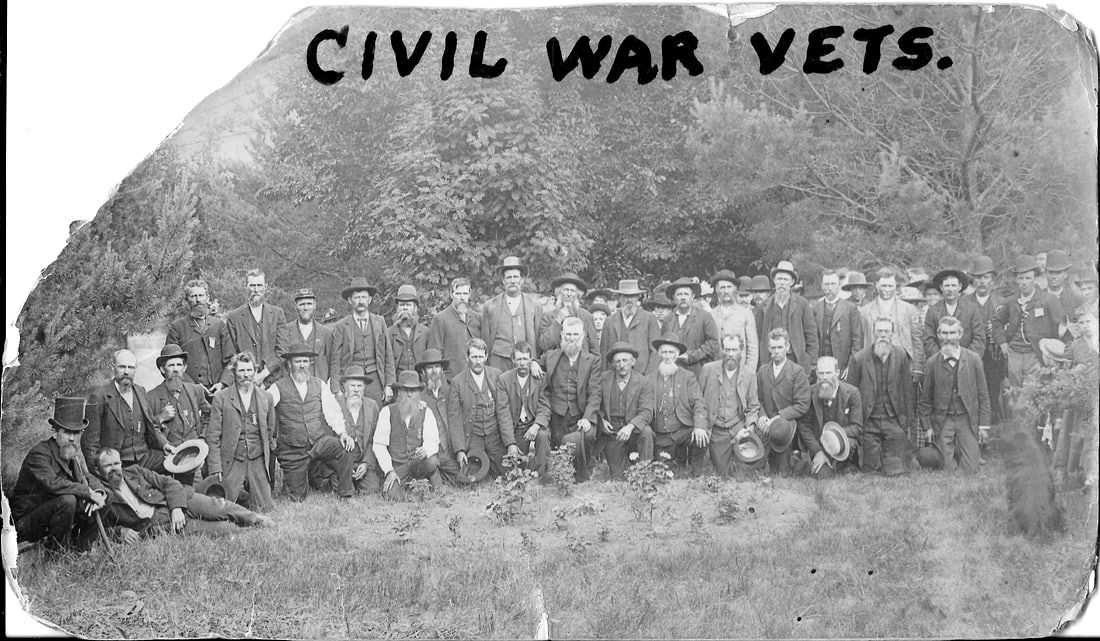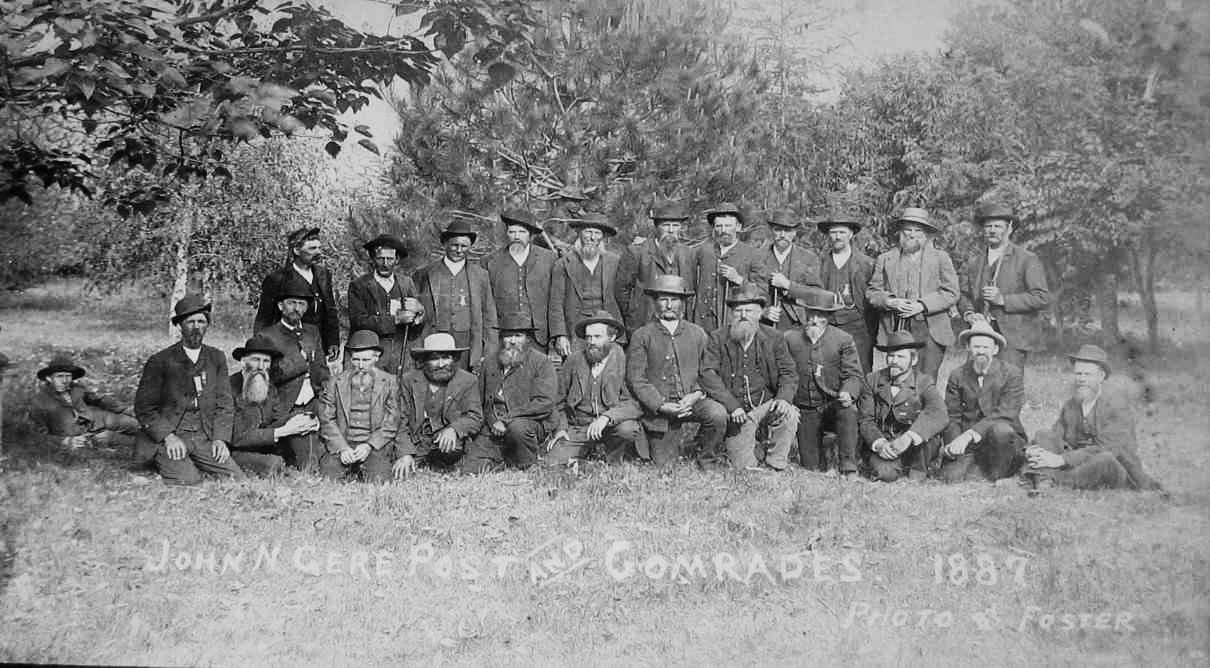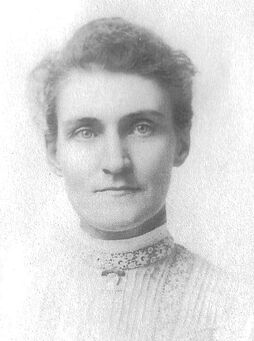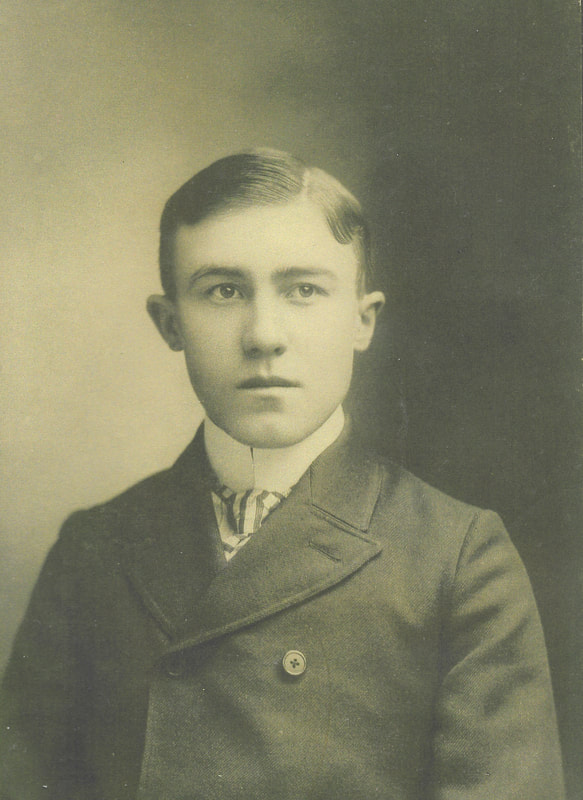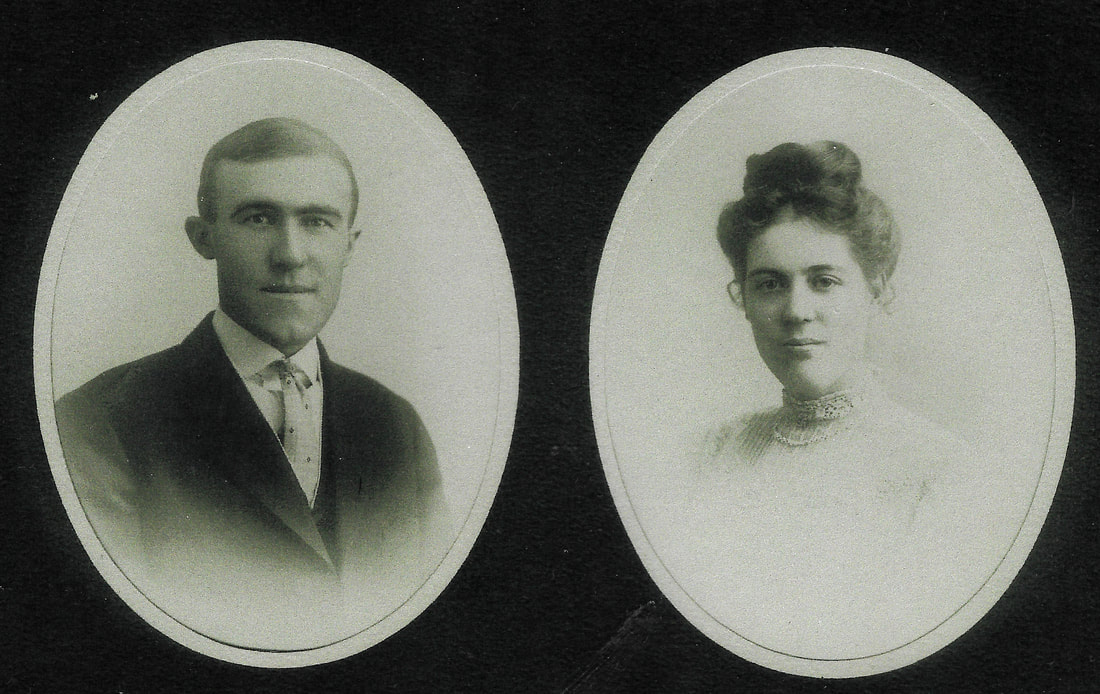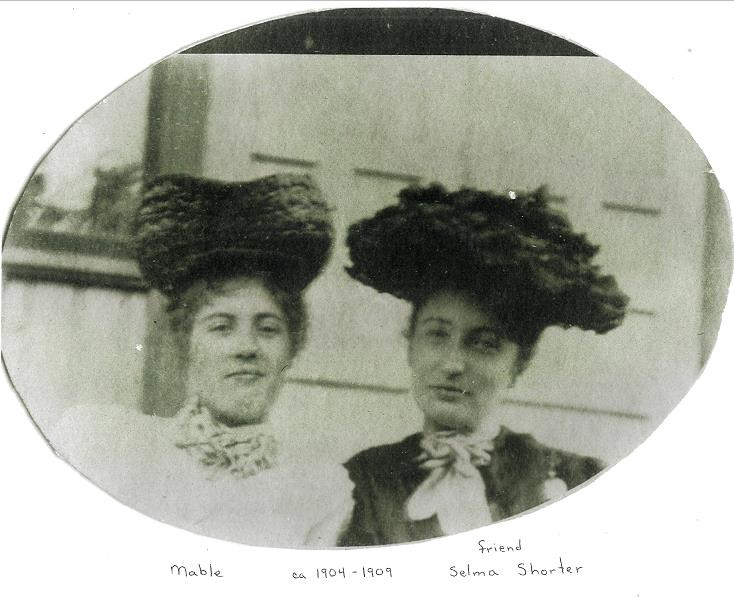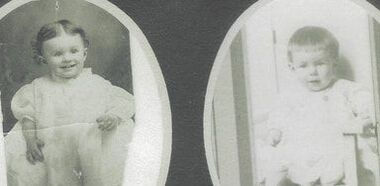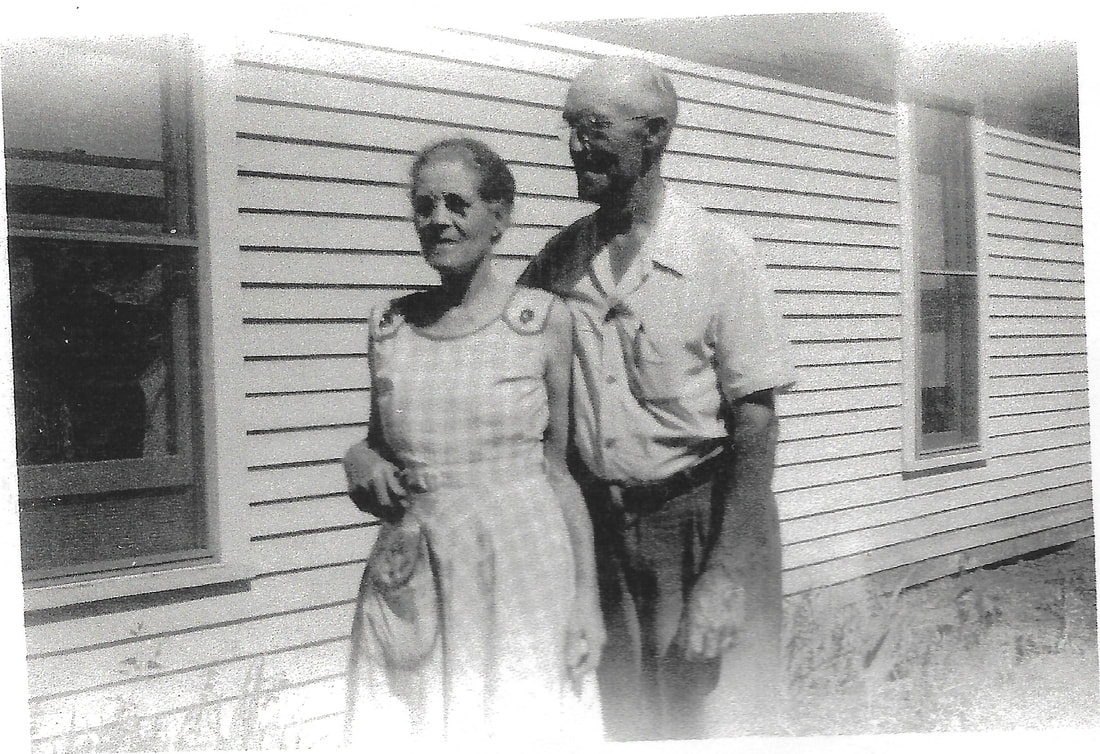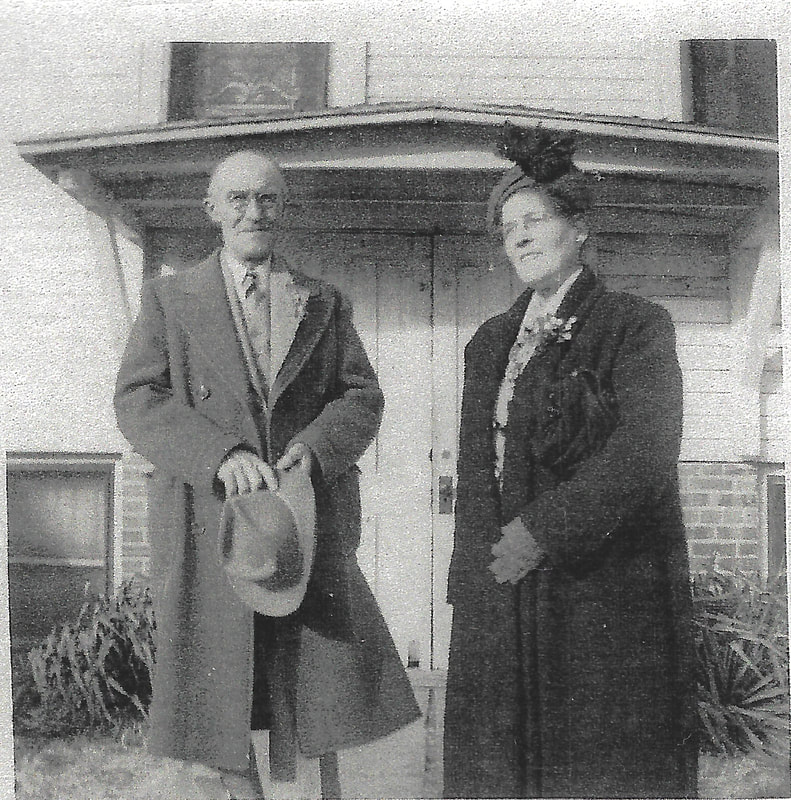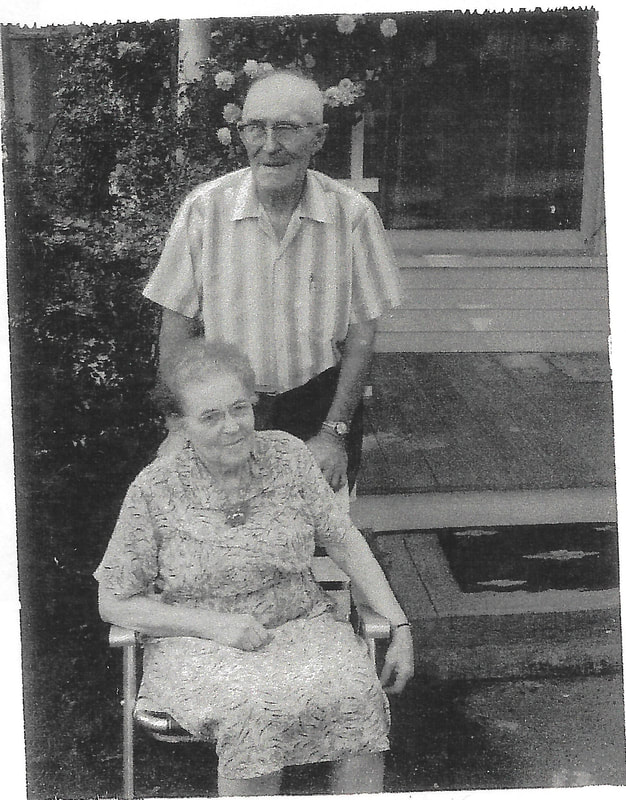if these walls could talk....
the house built by samuel barnard
today it is the herrick home
then --
the barnard home
built by well-known horticulturist samuel barnard
|
Samuel Barnard (1839-1890).
Barnard was born in Ohio in 1839, but at some point the family moved to Illinois. In 1859, he married Anna Hoover (1838-1917), also born in Ohio. She lived on a farm near Lacon, Illinois. They had three children in Illinois prior to the Civil War: Clarence (1859-1939) and Clyde (1862-1829). In 1869, he came to Table Rock. Here, he and Anna had a third child, Olive (1874-1947), who married Joseph Clark Irwin. Samuel Barnard was a well-known horticulturist and had a nursery in which he raised raised and sold fruit trees, grape vines, osage orange, and ornamental shrubs. He was a big advocate of osage orange as a boundary marker and for fence posts, and was also a big advocate of the apple industry, which was a prolific local agricultural in his day. What became of his children? Clarence married Jessie Dupray in 1879, and they had three children, Evelyn (1881-1901), Ray (1883-1906), and Cora Barnard Sharp (1890-1975). Clarence and Jessie are buried in the Dubois Cemetery. Clyde married |
at the barnard farm in 1887
samuel & anna barnard's son clyde & wife viola bought the farm & lived there from 1900 to 1928
|
Clyde's obituary gives much information. Clyde married Viola Moss in 1885 and for 15 years they lived at the Charles Jones farm.
In 1900, they bought the old home place. Their only surviving child, son Jay, was 14 when they moved to the place. Clyde & Viola lived in the house &until 1928, when he moved to town. Clyde died a year after moving into town, at the age of 67. His wife Viola lived to 1952; both are buried in the Table Rock Cemetery. Mr. Clyde Barnard then purchased the old home place which had been homesteaded by his father in pioneer days.... |
What sort of a fellow was this man who lived in that house from 1900 to 1928? His obituary gives some information:
Mr. Barnard was a man of unusual strong mentality. He was very much interested in the State of Nebraska in its development and progress. For many years he was secretary of the State Horticultural Society, and his farm was known as the "Table Rock Fruit Farm" where he managed a nursery and (unreadable) various parts of the state (unreadable) seeds, especially to those who were seeking to establish quick claims and permanent homes in Nebraska not alone from a political standpoint, but from the best interests of all citizens and homes out over the state.
His obituary also mentions that he was into politics:
He served four terms as a member of the House, which body honored him by electing him, first to the position of Assistant Clerk, and then as Chief Clerk. In 1913 he was elected to the State Senate. The Senate, which for five terms honored him by granting him the official position of Secretary of the Senate.
Mr. Barnard was associated with the present governor of Nebraska in the State Constitutional Convention of 1921, Mr. Weaver as president of the convention, and Mr. Barnard as secretary. Governor Weaver writes to Mrs. Barnard in a letter of condolence with his sympathy, that he considered Mr. Barnard's death as a personal loss, and that the state has lost a useful and loyal citizen.
What of Clyde & Viola's son Jay? He graduated from Table Rock in 1902. He married Mabel Goodale in 1907 and they had children Ruth & Bernice (who went by "B").
|
Here are Clyde & Viola's only grandchildren, born in 1910 and 1917. They would probably have spent a good amount of time at Clyde & Viola's farm, and knew that farm house well by the time their grandparents left it in 1928.
|
